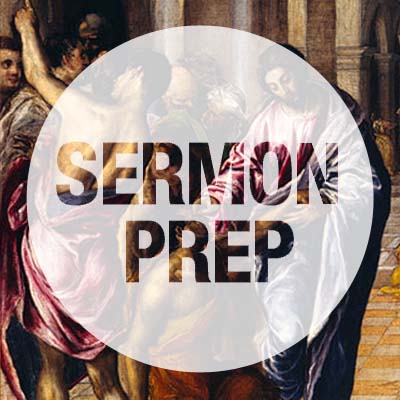Matthew 21.33-22.14
‘The stone that the builders rejected has become the cornerstone; this was the Lord’s doing, and it is marvelous in our eyes’? Therefore I tell you, the kingdom of God will be taken away from you and given to a people producing its fruits. 21.42-43
Like a master cultivating a vineyard, from the beginning all God created belongs to him. While sin has corrupted his world, God choose to bless and work through a specific people, Israel. They are set apart for a purpose, to bear fruit in faithfully worshiping God and pointing other nations to Him. As God engages with His people through a succession of prophets the “workers in the vineyard” are consistent in their violent rejection of the master’s “servants” to the point of killing his son. Rejection of a royal invitation and assaulting the King’s messengers is a declaration of rebellion against the King himself. The King’s wrath is righteously executed towards the unworthy, but there is still a feast to be had. The call to the feast goes out far beyond the original invitation and the hall is full of all kinds of people. While this would appear to lower the standards of those admitted to the feast, a man was cast out for not being properly clothed. The king still demands perfection to enter his good kingdom. Only being clothed in the perfection of Jesus is sufficient to join the feast.
- What part of the text or sermon had the greatest impact on you? Where were you most encouraged, intrigued, challenged?
- How do the actions of the tenants in the parable display their attitude toward the owner/God? What was the “fruit” the tenants were supposed to produce?
- How does these parables show the comprehensive nature of God’s role in salvation? What do the invited bring to the table? What does it mean “many are called but few are chosen”?
- Read Zechariah 3.3-5. What does this teach us about God’s holiness and our need to be “properly clothed” before a perfect God?
- If Christians are to be servants of the king, what is our role in the wedding feast? Who will you invite to the hall?

